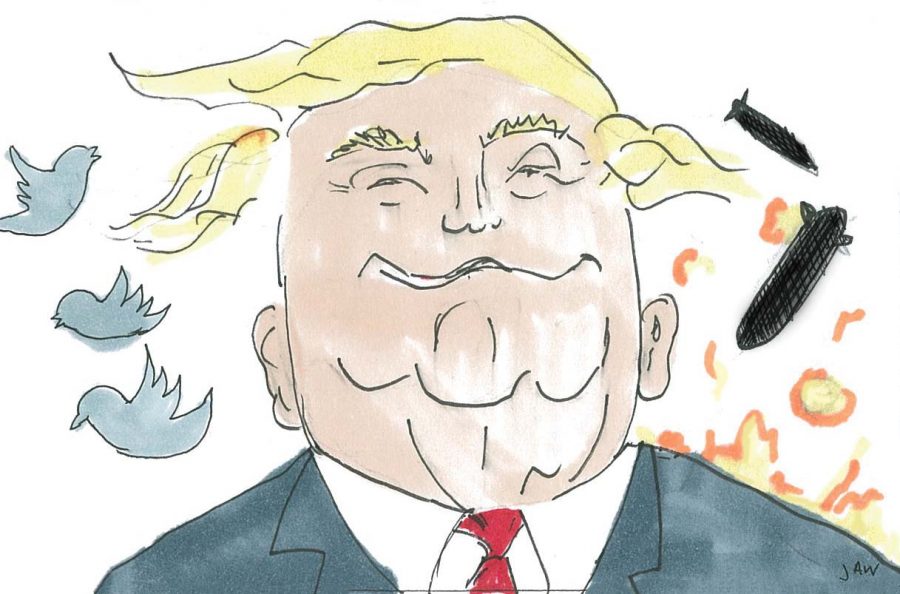Strike Enemies But Preserve Allies
On January 3, 2020, at the Baghdad International Airport, Iranian General Qassem Soleimani was killed in a U.S. airstrike. This response was warranted by an attack on a U.S. embassy in Iraq, which President Trump believed was sponsored by the Iranians with General Soleimani’s involvement. This made him the top threat to the United States in the region.
In fear of further attacks against American citizens, President Trump made the decision to retaliate. Such an action was necessary to display to our adversaries that the United States will not tolerate brutal violence against its citizens overseas. However, it was a violation of Iraqi sovereignty to launch an airstrike without notifying their government. This was uncalled for and has led to serious repercussions.
Tensions between Iran and the United States are by no means new. President Obama played a key role in the flawed Iran nuclear deal, which sought to use regulations and inspections to ensure that Iran does not produce nuclear weapons.
During his 2016 campaign, President Trump vowed to take a more aggressive stance in relations with Iran, a promise which the president has certainly fulfilled. The attitude of the Iranian government towards the U.S. has been especially hostile recently to the point where many national security advisors warned the President of an imminent attack.
The current administration’s tone towards Iranian relations has hardened for good reason. The U.S. has always maintained the policy that there shall be zero tolerance for foreign nations endangering our citizens. Iran’s attacks on Saudi oil refineries and Japanese oil tankers should be treated no differently.
The same ethical standard was employed in ancient Rome. The Roman government commanded so much respect that a Roman citizen need only utter the phrase “Civus Romanus Sum” – “I am a Roman Citizen” – and they would be guaranteed safe passage. The United State’s mentality should be no different. The question must be asked: When did nations stop fearing the wrath of the United States of America so as to threaten our own?
Not only has one of the most dangerous men in the Middle East been eradicated, but we have also demonstrated a willingness to bring justice to all those who attempt to undermine our might and the courage to defend our people no matter the cost.
However, in this display of strength, President Trump and his advisors made a grave mistake. By retaliating within the borders of Iraq, a nation that currently stations U.S. forces, we ran the risk of losing allies.
Whether we act with justice or not, our methods must match the goal we seek to accomplish, being a force for good in a corrupt world, and we cannot do that by betraying our allies. In the future, the United States must coordinate with the nations within which we operate.






